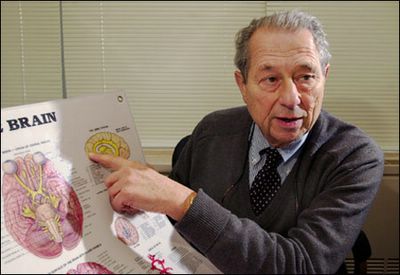Springing Forth: Notes on Four“So many books, so little time” says a sweatshirt I sometimes wear in public, and it elicits rueful nods and grimaces. Despite the tons of bad books published every season, there are still more good books coming out than any one person can read. Here are a few that may have got away from the attention of many reviewers and potential readers this spring.
Novel Beginnings: Experiments in Eighteenth Century English Fiction by Patricia M. Spacks (Yale) is readable scholarship that fills a gap for readers curious about early novels and how the novel developed. The English novel was born in the 18th century as a popular form that mixed drama and epic with such everyday forms as sermons, accounts of travels, journals and journalism, in an era of expanding literacy. Every early novel was an experiment but many approaches got lost in the rush to a mainstream form. Spacks looks at novels of adventure, development, consciousness, sentiment, manners, gothic fiction and political novels, ending with a lengthy consideration of
Tristam Shandy. This book is filled with rich delights and delightful possibilities.
Defiant Gardens: Making Gardens in Wartime by Kenneth I. Helphand (Trinity University Press). From a French soldier’s flower bed on the Western Front in the Great War to an American soldier’s bed of grass near Baghdad in 2004, Helphand considers the impulse and result of creating gardens in the midst of mechanized violence and terror. Growing life in the shadow of death extends to ghetto gardens and gardens in POW camps in World War II. This is a unique history, with a section (“Digging Deeper”) that explores meaning. Nature and beauty versus the worst of machines and human ugliness are some of the stark contrasts that inhabit these human stories. With black and white photographs.
Conversation: A History of A Declining Art by Stephen Miller (Yale) is a history (with particular reference to the “age of conversation” and 18th century British coffeehouses) with a point. In his latter chapters, Miller decries the decline of conversation in an age of cell phones and “anger communities.” But he doesn’t define good conversation as humorless—wit and raillery were once essential. It can be, as Virginia Woolf maintained, a result of “showing off.” But if we can’t converse with Cicero, Montaigne and Defoe, we can at least read about their conversational expectations. I don’t endorse all of Miller’s conclusions, especially about recent decades, but at least it’s a conversation-starter.
Bedrock: Writers on the Wonders of Geology, Edited by Laurel E. Savoy, Eldridge M Moores, and Judith E. Moores (Trinity University Press.) Our modern sense of time and change began with geology. Rock strata revealed by mining and canal digging, along with fossils discovered in the same digs, led to an expanded sense of the earth’s age, and inspired Darwin in his consideration of biological evolution. This anthology takes a very wide view of the subject, including excerpts from writers like Mark Twain, James Joyce, Lucille Clifton and Michael Ondaatje as well as Darwin, Loren Eiseley, John McPhee and Paul Shepard in sections titled “Of Rock and Stone,” “Deep Time,” “Faults, Earthquakes and Tsunamis,” “Volcanoes and Eruptions” (where Ursula Le Guin appears along with Pliny the Younger), “On Mountains and Highlands,” Rivers to the Sea,” “The Work of Ice,” “Wind and Desert” and “Living on Earth.” These pieces add up to senses of where geologic matters fit into the web of life, including how humans interact with these objects and forces—neither animal or vegetable but in some sense, so many clearly feel, alive—in many times and cultures.

